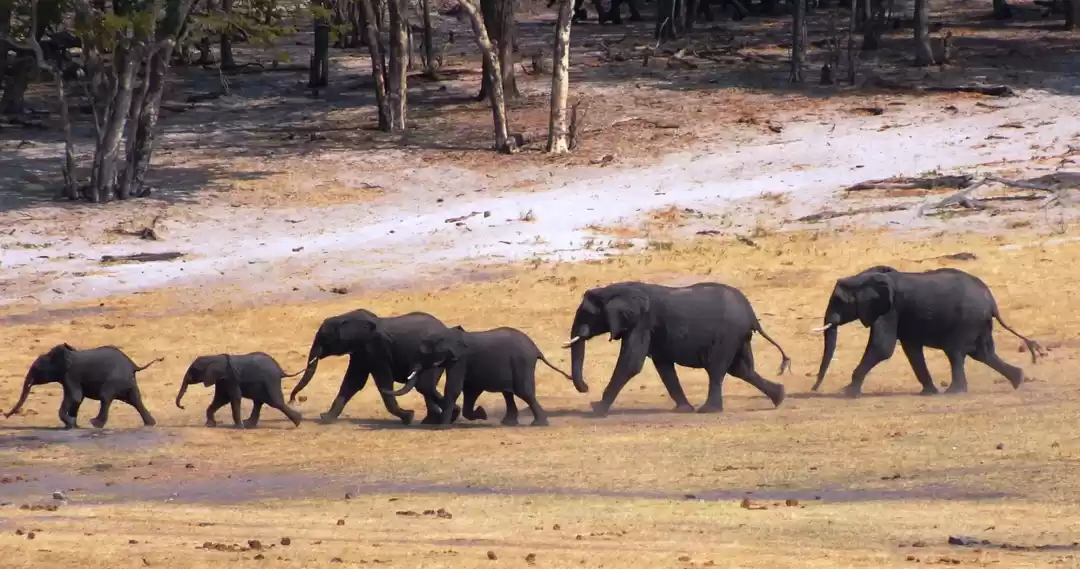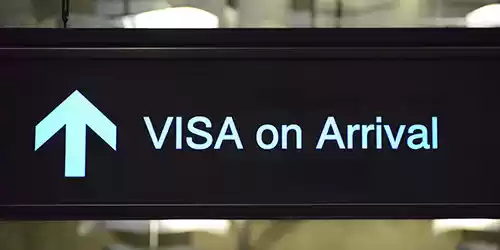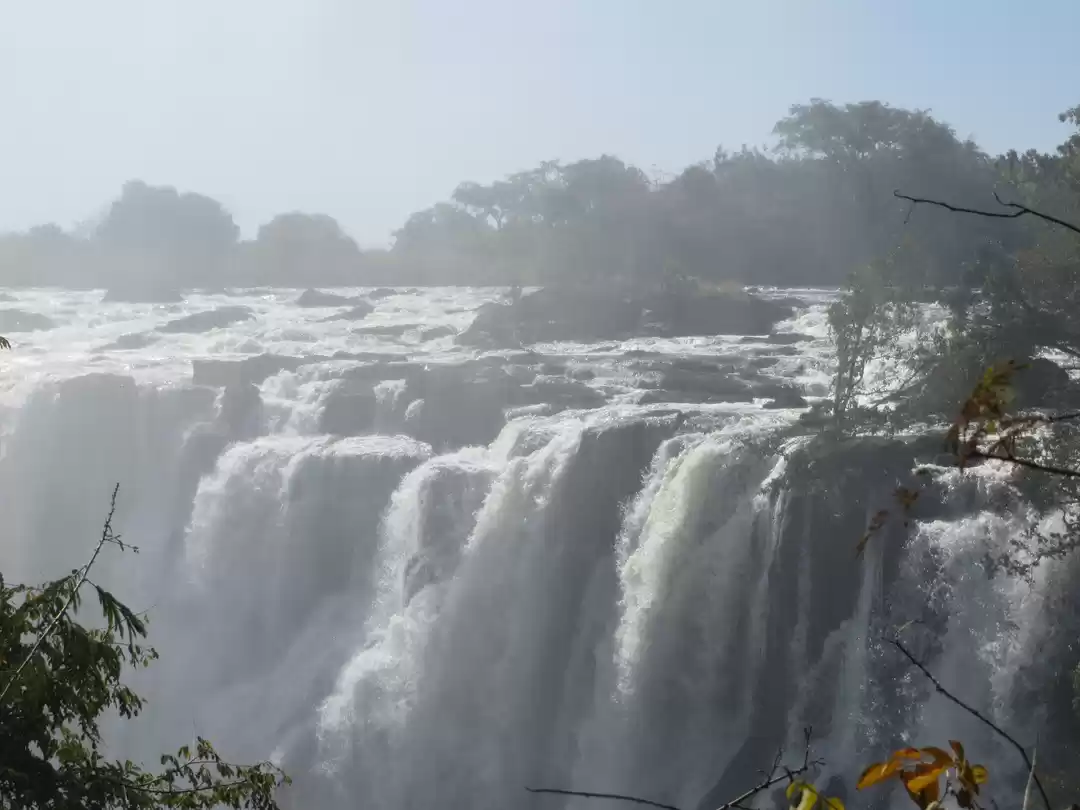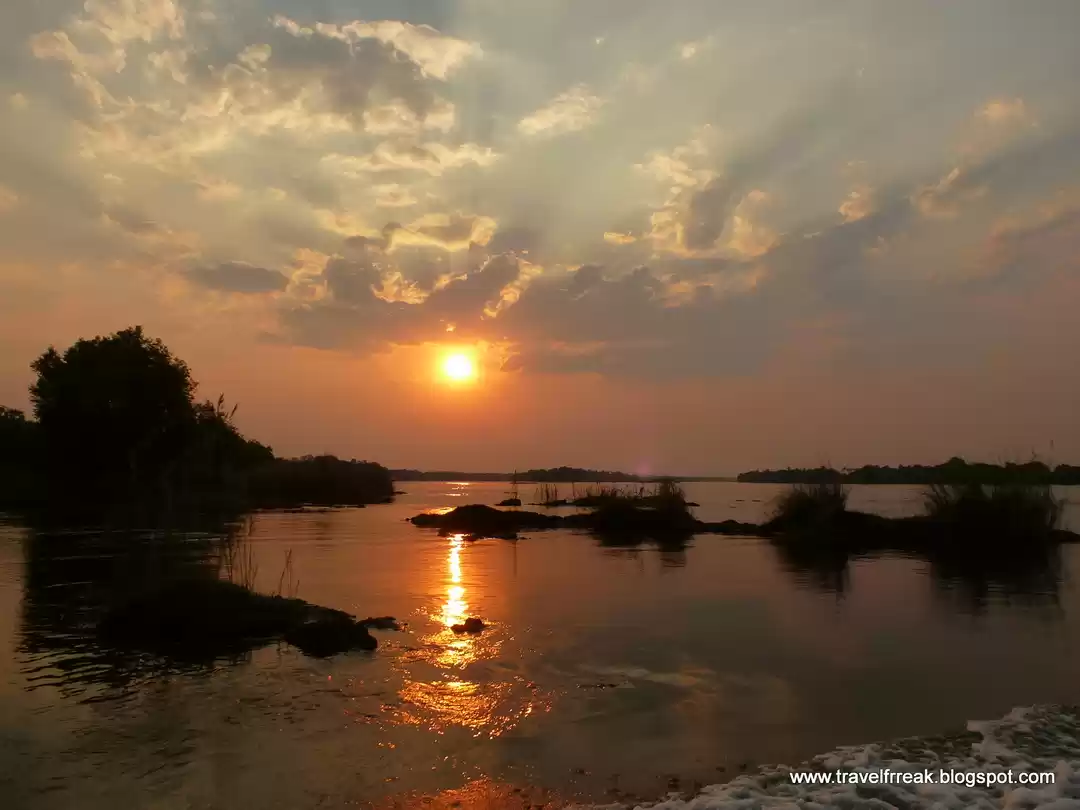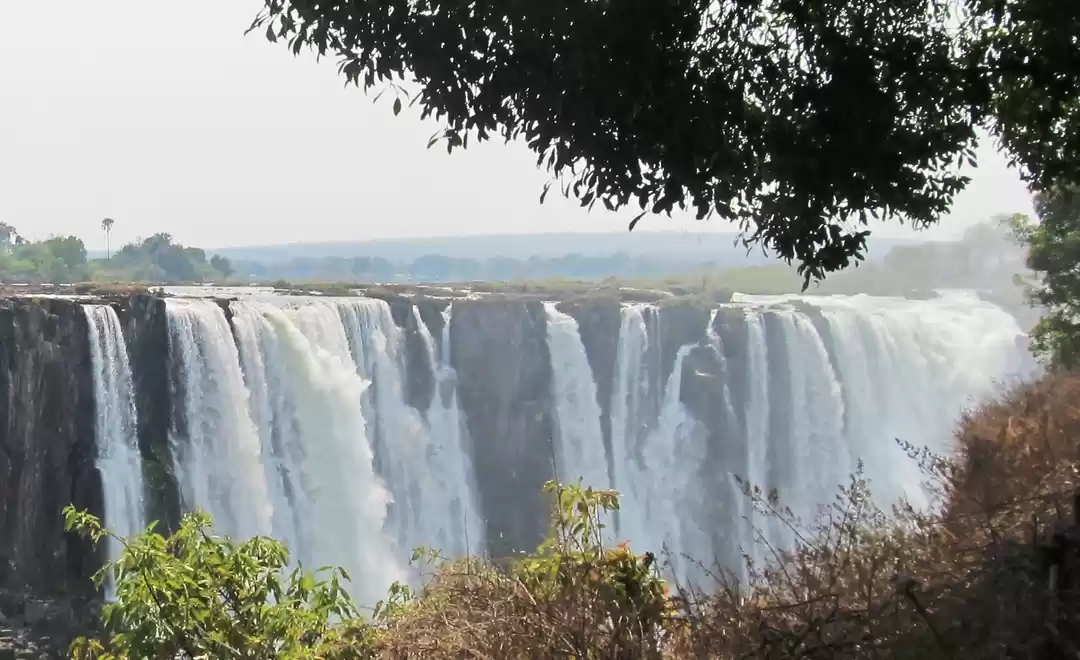Zimbabwe Tourism and Travel Guide
Zimbabwe (/zɪmˈbɑːbweɪ/), officially the Republic of Zimbabwe, is a landlocked country located in southern Africa, between the Zambezi and Limpopo Rivers. It borders South Africa to the south, Botswana to the west, Zambia to the northwest, and Mozambique to the east. The capital and largest city is Harare. Since the 11th century, present-day Zimbabwe has been the site of several organised states and kingdoms as well as a major route for migration and trade. The British South Africa Company of Cecil Rhodes first demarcated the present territory during the 1890s; it became the self-governing British colony of Southern Rhodesia in 1923. In 1965, the conservative white minority government unilaterally declared independence as Rhodesia. The state endured international isolation and a 15-year guerrilla war with black nationalist forces; this culminated in a peace agreement that established universal enfranchisement and de jure sovereignty in April 1980. An ethnically diverse country of roughly 13 million people, Zimbabwe has 16 official languages, with English, Shona, and Ndebele the most commonly used. President Robert Mugabe serves as head of state and government, and as commander-in-chief of the armed forces. Renowned as a champion for the anticolonial cause, Mugabe also has a reputation as an authoritarian figure responsible for Zimbabwe's problematic human rights record and substantial economic decline. He has held power since 1980: as head of government until 1987, and head of both state and government since then.

